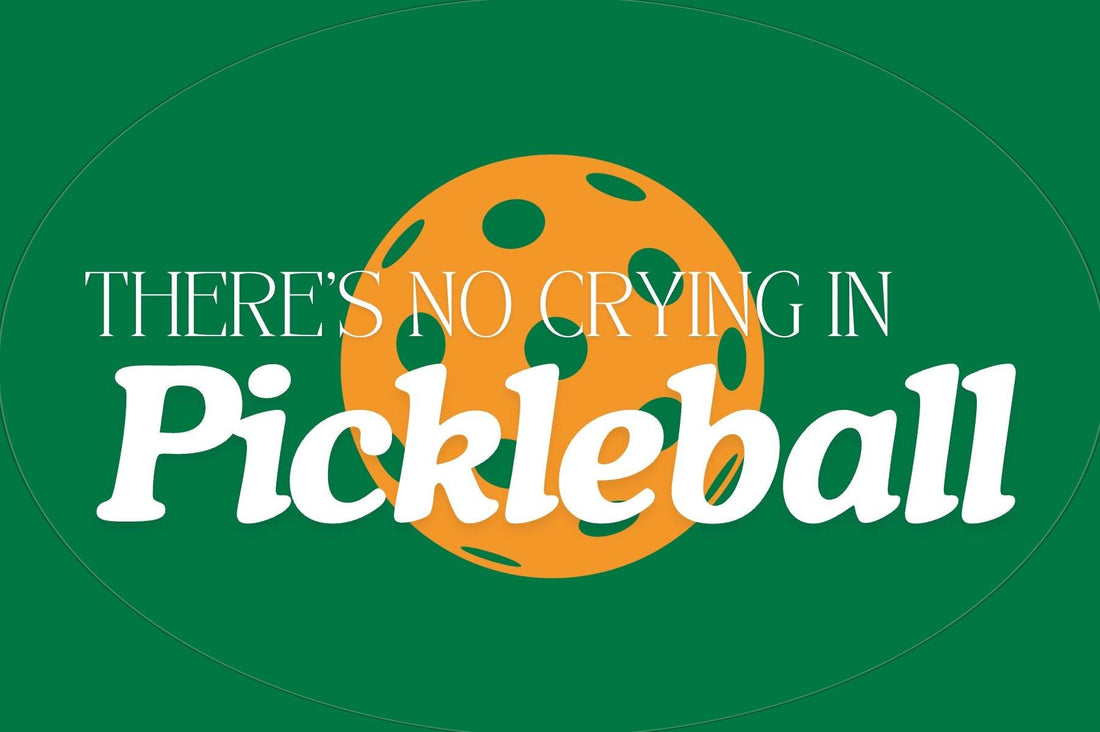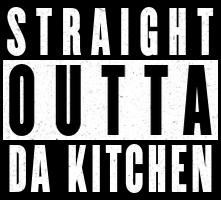
Mental Toughness in Pickleball: The Key to Elevating Your Game
Share
Pickleball is more than just a physical game—it’s a mental challenge that requires focus, resilience, and confidence. While having strong technical skills is essential, the mental aspect of pickleball can be the difference between winning and losing, especially in high-stress situations. Let’s explore what mental toughness in pickleball looks like, why it’s important, and how you can build it to improve your overall game.
What is Mental Toughness in Pickleball?
Mental toughness is the ability to stay focused, positive, and composed, regardless of external pressures or setbacks. Mental toughness means:
Bouncing back from mistakes: Whether you hit the ball out of bounds or miss a critical shot, mental toughness allows you to quickly move on instead of dwelling on errors.
Staying focused under pressure: During intense rallies or when the game is tight, your ability to keep a clear mind and execute your strategy is crucial.
Managing emotions: From frustration to overconfidence, emotions can affect your play. Mental toughness helps you stay balanced, regardless of how you’re feeling.
Maintaining confidence: Even when facing tough opponents or after losing several points in a row, believing in your ability to perform is key.
Why is Mental Toughness Important in Pickleball?
Pickleball is fast-paced and requires split-second decisions. When mental clarity is compromised, even the most skilled players can lose their edge. A lapse in concentration or a moment of frustration can turn the tide of a game. Players who possess mental toughness can:
Stay consistent: Mental resilience enables players to maintain their level of play throughout the match, minimizing unforced errors and poor decision-making.
Adapt to adversity: Whether it’s adjusting to difficult opponents, unfavorable conditions, or their own mistakes, mentally tough players can adapt and keep fighting.
Execute strategies under pressure: In clutch moments, such as match point or a game tiebreaker, mental toughness helps players stay calm and execute their game plan without being overwhelmed by nerves.
Building Mental Toughness in Pickleball
1. Develop a Positive Mindset
A positive outlook can shift how you view challenges. Instead of seeing a tough opponent as a threat, see them as an opportunity to test your skills. Focus on growth rather than outcomes, and give yourself credit for every improvement.
2. Control the Controllables
Don’t waste energy worrying about factors you can’t control, like the weather, your opponent’s skill level, or bad line calls. Instead, focus on what you can control: your effort, strategy, and attitude. This shift in focus helps reduce anxiety and improves performance.
3. Practice Mindfulness
Mindfulness involves staying present and engaged in the current moment. In pickleball, this could mean focusing on your breath before serving or resetting mentally after each point. Mindfulness helps eliminate distractions, allowing you to fully concentrate on the task at hand.
4. Use Visualization Techniques
Visualization is a powerful tool to mentally prepare for matches. Before stepping on the court, take a few moments to imagine yourself playing at your best—hitting clean shots, moving effortlessly, and staying calm under pressure. This mental rehearsal can build confidence and improve actual performance.
5. Learn from Mistakes
Mistakes are inevitable, but how you respond to them is what matters. Mentally tough players don’t dwell on errors. Instead, they learn from them and adjust their game plan accordingly. Adopting this mentality helps prevent a single mistake from spiraling into a series of poor plays.
6. Set Small, Achievable Goals
Break down larger goals, like winning a match, into smaller, more manageable ones, such as focusing on footwork, maintaining consistent serves, or staying positive throughout the game. Achieving these mini-goals builds momentum and keeps you focused on process rather than outcomes.
7. Stay Composed in Tense Situations
When the game is on the line, maintaining composure is critical. Take deep breaths to stay relaxed, slow down your movements, and give yourself time to think before reacting. These small actions can help you keep your cool in high-pressure situations.
8. Celebrate Progress, Not Just Wins
Focusing solely on winning can add unnecessary pressure. Instead, celebrate personal progress—whether it’s mastering a new spin serve, improving your reaction time, or playing smarter defense. This keeps motivation high and helps you stay mentally resilient, even in losses.
The Bottom Line
Mental toughness in pickleball is often the deciding factor in closely contested matches. By training your mind to stay focused, resilient, and composed under pressure, you can improve your consistency and ability to adapt to challenges. Pickleball is as much a mental game as it is a physical one, and mastering both will take your performance to the next level.
Remember, building mental toughness takes time and effort, just like honing your physical skills. So, the next time you’re on the court, make it a point to work on your mental game, and watch how it enhances your overall play.
Check out our "There's No Crying in Pickleball" and other pickleball-themed stickers and magnets.
